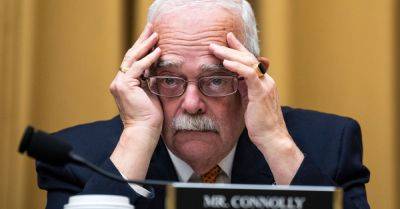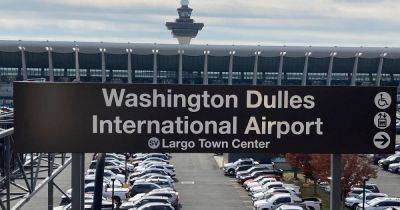Trump’s Running Mate Selection Process
His nomination assured, Donald Trump is turning to what will almost assuredly be a drawn-out, orchestrated process to select his running mate. The former president, who knows a thing or two about televised drama, is dropping hints about who is in and who is out, juicing up interest in his rematch with Joe Biden.
“The V.P. selection process is the one time Trump is fully in charge, and watch him work it hard, right up to the announcement,” said Scott Reed, who was the campaign manager for Bob Dole’s 1996 campaign for president.
Yet, for all the hoopla ahead, it’s hardly guaranteed that the vice-presidential choice will significantly alter the contours of the presidential campaign. It rarely does. Considering how Trump dominates the stage, it seems fair to wonder if any running mate can break through.
“The vice-presidential pick is something that generates a massive amount of press coverage but has the most minimal of impacts on the election,” said Dan Pfeiffer, a White House communications director under Barack Obama.
Over the past 50 years, there has been no shortage of examples when the vice-presidential selections arguably made no discernible difference: Hillary Clinton turning to Senator Tim Kaine of Virginia in 2016, for example.
And for every time the choice of a running mate appeared to provide a boost to the ticket — such as when Bill Clinton, the 1992 Democratic nominee for president, picked Senator Al Gore of Tennessee — there are cases in which it hurt more than it helped. (Senator John McCain, the Republican nominee for president in 2008, came to regret tapping Gov. Sarah Palin of Alaska, for example.)







